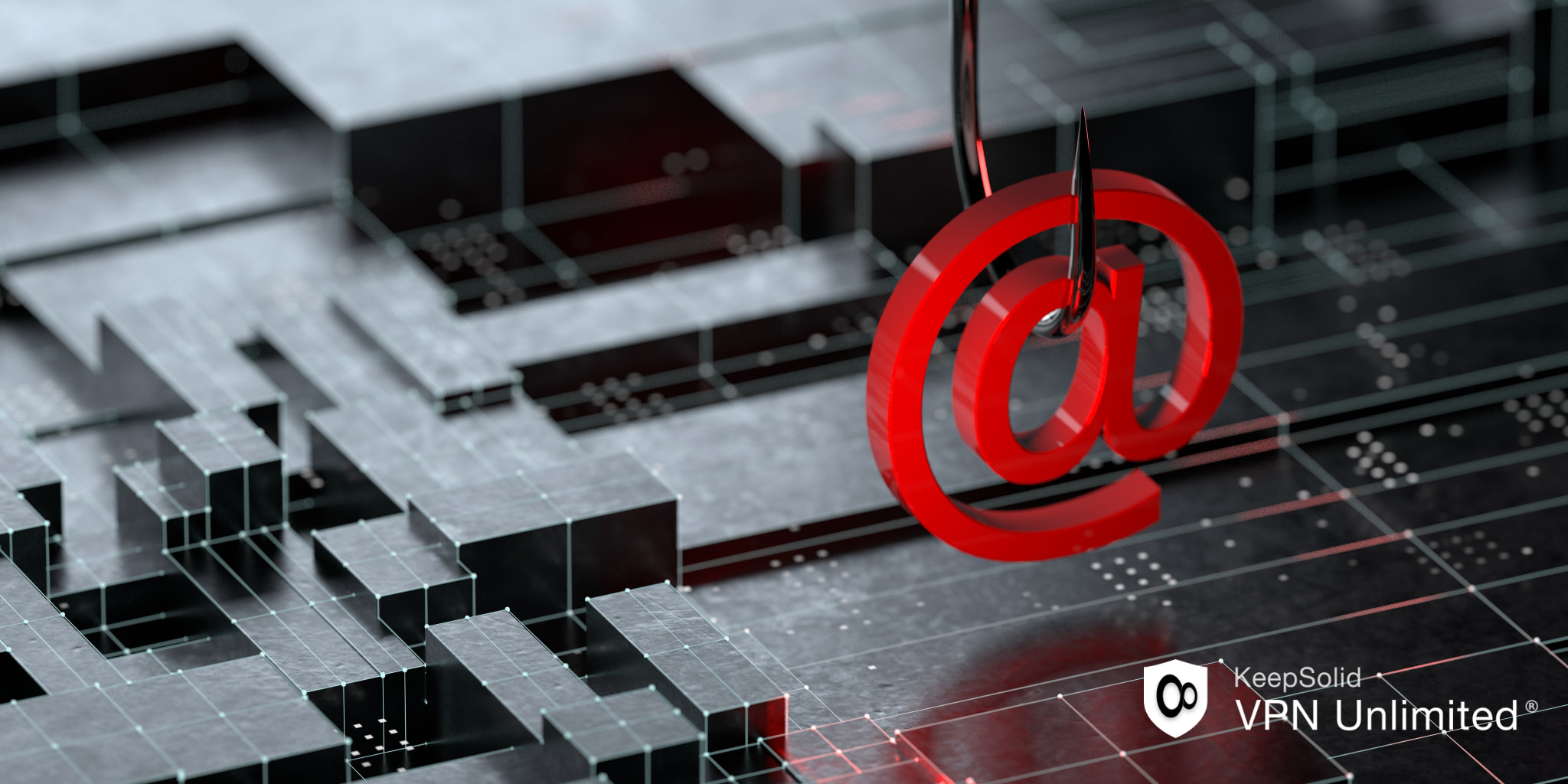Understanding Identity Theft: Essential Tips to Keep Your Information Safe

Identity theft is something no one wants to experience, yet it happens to millions of people each year. Imagine waking up to find your bank account empty, your credit score ruined, or bills arriving for things you never bought. It’s not just about money; it’s about your sense of security. This guide will help you understand what identity theft is, how it happens, and what you can do to keep your personal information safe. Let’s explore how to take control and protect yourself in a world where your data is constantly at risk.
What is Identity Theft?
Identity theft is when someone steals your personal information, like your Social Security number, credit card details, or other sensitive data, and uses it without your permission. This could mean opening new accounts in your name, making purchases, or even committing crimes. It’s a scary thought, but understanding how it works is the first step to preventing it.
Common Types of Identity Theft
Financial Identity Theft: This is the type most people think of first. It happens when someone gets access to your credit card or bank account and starts spending your money.
Medical Identity Theft: In this case, someone uses your personal information to get medical care, prescription drugs, or file insurance claims. It’s dangerous because it can mess up your medical records and lead to incorrect treatments.
Tax Identity Theft: Fraudsters file fake tax returns in your name to steal your tax refund. You’ll only find out when you try to file your taxes and get rejected.
Synthetic Identity Theft: This one is sneakier. Thieves create fake identities by mixing real and false information—like using your Social Security number with a different name. It’s often harder to detect because it doesn’t look like typical fraud.

Signs That Your Identity Has Been Stolen
Weird Bank Charges: If you see purchases or withdrawals you didn’t make, that’s a major red flag.
Strange Entries on Your Credit Report: Unknown accounts or loans that you never applied for could indicate someone is using your identity.
Bills or Collection Calls for Things You Didn’t Buy: Getting bills for services you didn’t use or calls from debt collectors can be a sign that someone else is pretending to be you.
Denied Credit or Loans: If your credit applications are rejected, even though you have good credit, it could be because of fraudulent activity.
The Impact of Identity Theft
Identity theft can turn your life upside down. It’s not just about the money—dealing with the fallout can be stressful, time-consuming, and emotionally draining. Your credit score could take a hit, making it hard to get loans, rent a home, or even land a job. It can feel like you’re constantly fighting to prove who you are.
Simple Steps to Protect Yourself from Identity Theft
- Keep Your Personal Information Private: Don’t share sensitive information like your Social Security number or bank details unless you absolutely have to. Be mindful of where you store your important documents.
- Use Strong and Unique Passwords: Create strong passwords for each of your accounts, mixing letters, numbers, and special characters. Avoid using the same password across different sites, and consider using a password manager to keep track of them.
- Enable Two-Factor Authentication: This adds an extra step when logging in, like a text message code, making it harder for thieves to access your accounts.
- Stay Alert to Phishing Scams: Be careful with emails, texts, or phone calls asking for your personal information. Scammers often pose as trusted companies or people you know.
- Regularly Check Your Accounts: Keep an eye on your bank statements, credit card bills, and credit reports. Spotting suspicious activity early can save you a lot of trouble later.
- Freeze Your Credit if Needed: A credit freeze stops new creditors from seeing your credit report, making it nearly impossible for thieves to open new accounts in your name.
- Use a VPN to Protect Your Data Online: A Virtual Private Network (VPN) hides your online activity, encrypting your internet connection and making it much harder for hackers to access your information. This is especially important when you’re using public Wi-Fi, which is a favorite hunting ground for identity thieves.

What to Do If You’re a Victim of Identity Theft
Report the Incident: Start by filing a report with the Federal Trade Commission (FTC) at IdentityTheft.gov. This site will guide you through the recovery process.
Contact Your Bank and Credit Card Companies: Inform them of the fraud so they can freeze your accounts and prevent further unauthorized transactions.
Set Up Fraud Alerts on Your Credit Report: Reach out to one of the major credit bureaus (Equifax, Experian, or TransUnion) to place a fraud alert. This makes it harder for anyone to open new accounts in your name.
Monitor Your Credit and Dispute Errors: Keep checking your credit reports and immediately dispute any unfamiliar activity. Staying on top of it will help you clean up your records faster.
Do You Need Identity Theft Protection Services?
Identity theft protection services can help you keep track of your personal data and alert you to suspicious activity. They’re not foolproof, but they can provide an extra layer of security and peace of mind. Evaluate if their features - like credit monitoring, identity restoration assistance, and dark web scanning - are worth the cost for your situation.
Conclusion
No one thinks it will happen to them, but identity theft can affect anyone. The good news is, with the right precautions, you can make yourself a much harder target. By safeguarding your personal information, staying vigilant, and using tools like VPNs to secure your online activity, you can significantly reduce the risk. Remember, your identity is valuable - treat it like the treasure it is.